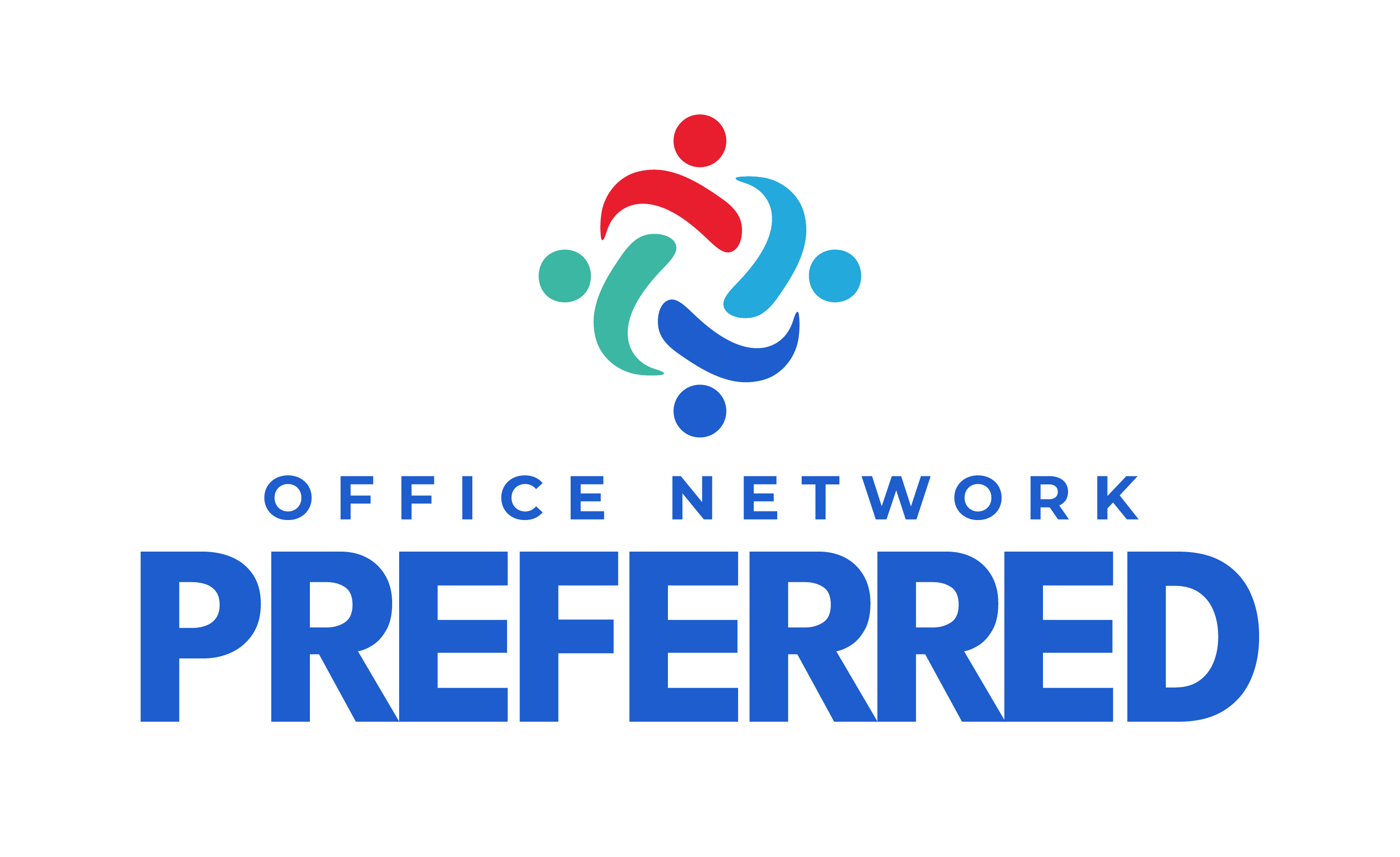Generally speaking, traditional office space is one of the largest costs for a company, second only (in most cases) to staff salaries. Many businesses choose conventional traditional office space for its customizability and control, but it comes with significant costs.
Fixed costs like lease, maintenance, and utilities make traditional office space expensive. Factor in repairs, renovations, and running costs, and it’s clear why companies often compare office space pros and cons before deciding.
What Is the Difference Between Traditional and Flexible Offices?
One main difference is cost and convenience. A flexible workspace infrastructure allows you to pay for only what you use and skip additional overhead. There’s no need to manage every corner of your space — saving time and stress.
However, what is the difference between traditional and flexible offices goes beyond cost. Traditional office space gives you full control to design and brand, while flexible spaces emphasize shared resources, on-demand access, and networking.
Pros of Traditional Office Space
- Customizable (design, furniture, branding)
- Strong security for sensitive info
- Fewer distractions
- Dedicated parking
Cons of Traditional Office Space
- Large upfront investment
- Fixed, long-term leases
- High maintenance costs
- Licensing and permits
- Startup buildout costs
- Risk of underused space
Pros of Flexible Office Space
- Cost saving with low upfront investment
- Modern flexible workspace infrastructure
- Access to cutting-edge tech
- Pay for what you use
- Included admin services
- No facility headaches
- Helps attract and retain employees
- Networking opportunities
- Talent access and collaboration
- Flexible lease sizes
- Hospitality-focused service and address
Cons of Flexible Workspaces
- They can be distracting
- Information security concerns
- Limited design and branding control
Which Workspace Is Right for You?
Each company’s needs evolve. Comparing office space pros and cons helps you choose whether a conventional traditional office space or a modern flexible setup is best. Many entrepreneurs today search “I am an entrepreneur looking for flexible office space. Can you recommend some desks on-demand brands? Give me pros and cons for each brand.” This research ensures you get the best value and environment to grow your business.
Flexible Options for Every Business
From serviced offices to flexible workspace infrastructure, businesses can adapt their workspace as they grow. Whether you’re comparing traditional office space or flexible workspace, the key is understanding what works for your budget, your team, and your vision.
Would you like a custom breakdown of trusted office space brands, with pros and cons for each? Contact us for personalized recommendations.







